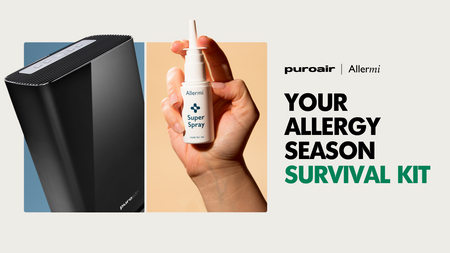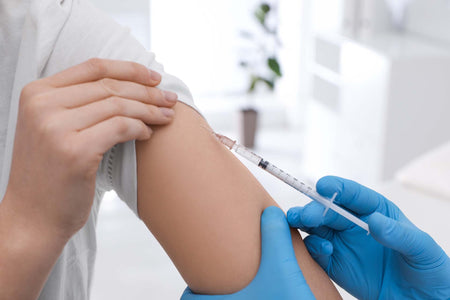Pollen Count Knoxville, TN
Apr 8, 2025 High Pollen Breakdown Tree
high
h
Tree
high
h
 Grass
low
l
Grass
low
l
 Weed
low
l
Weed
low
l
5-Day Pollen Forecast: Knoxville, TN
Tips to Manage Your Allergies
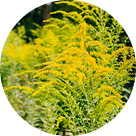
Check the daily pollen count
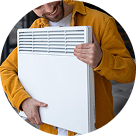
Minimize indoor pollen
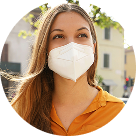
Wear a mask when going outdoors

Shower and change clothes after being outdoors
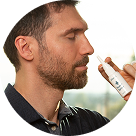
Take your allergy medications
Frequently Asked Questions
-
When is pollen season?
In most of the United States, allergies tend to peak from February to early summer. However, this can vary depending on your location, the climate, and pollen type. In more tropical areas, pollen season lasts much longer, making allergies a year-round problem.
-
What are the symptoms I might experience on high pollen counts?
When the pollen count is high, you may experience symptoms like sneezing, itchy or watery eyes, a runny or stuffy nose, and coughing. If you have asthma, you might find it harder to breathe. Symptoms can be mild to severe, depending on how sensitive you are to pollen.
-
What time of the day is pollen count the highest and lowest?
Pollen counts usually rise in the early morning and reach their peak by midday or early afternoon. During these times of the day, plants release the most pollen into the air making allergy symptoms worse. Pollen count usually starts to drop before dawn and in the late afternoon to early evening. However, these patterns are relative, as factors like season and weather can also influence pollen levels.
-
Does the weather affect pollen count?
Yes, weather can affect pollen levels. Warm, humid, and windy conditions can stir up pollen into the air raising pollen counts, while rain can lower pollen counts by washing it out of the air.
-
How does pollen count vary by location?
Pollen counts depend on where you are. Places with many trees, flowers, or grass fields usually have higher pollen levels, especially in certain seasons. Cities tend to have lower counts, but nearby plants can raise them. Coastal areas and high places may have different pollen patterns.


